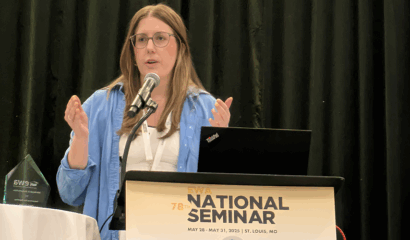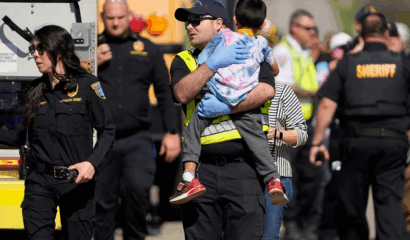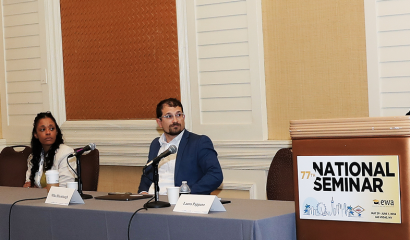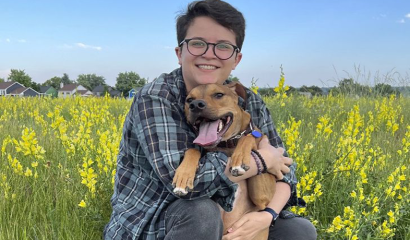EWA Radio
EWA’s Public Editor Emily Richmond interviews a new journalist each week on EWA Radio, a podcast about education and its coverage in the media. If you have an idea for an episode, let Emily know.
Don’t miss an episode! Subscribe and find us on iHeartRadio, iTunes, Google Podcasts, Google Play Music, Pocket Casts Radio.com (app only), Spotify, Stitcher, or through the RSS feed.
Remember to rate us on iTunes—your feedback and support will help us grow.
Mandy McLaren details how working as a special education teacher led her to uncovering inequities as an education journalist. (EWA Radio 353)
What is the role of a school district in ensuring students’ safety on school buses? How did the politicization of state police and the U.S.-Mexico border affect public safety in Texas? A reporting team details their award-winning investigation. (EWA Radio 352)
As the education beat continues to experience upheaval, Nicole Carr shares her unique perspective as a journalist and an educator. Plus, hear her thoughts on #ewa25. (EWA Radio 351)
There are many questions about the U.S. Department of Education’s agenda under Linda McMahon. The 74’s Linda Jacobson explores them with Emily Richmond. (EWA Radio 350)
Deborah Jian Lee believes it’s important for reporters to frame their stories carefully when reporting on LGBTQ+ people and religious colleges. (EWA Radio 349)
Laura Meckler shares the hottest K-12 education stories reporters should cover this academic year. (EWA Radio 348)





